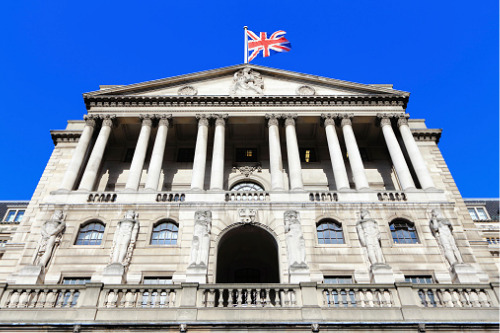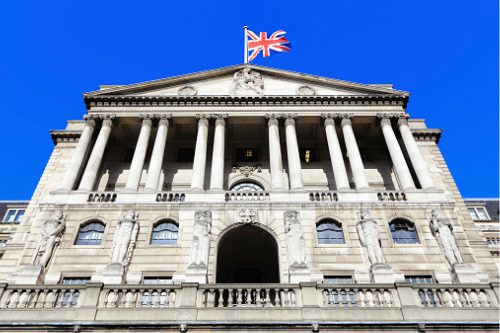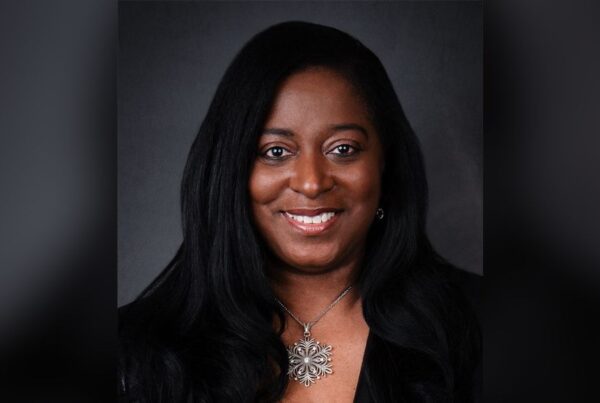
“The review is now complete, and artworks depicting former governors and directors, where we have been able to establish links to the slave trade, have been removed from display,” a spokesperson for the Bank of England said. “We have also appointed a researcher to work in our museum to explore the bank’s historic links with the transatlantic slave trade in detail. This work will inform future museum displays interpreting these connections.”
The moves come as racial relations are being examined in the wake of the 2020 Black Lives Matter protests, which were sparked in the US by the death of George Floyd due to police brutality.
The art pieces taken down depicted the BoE’s founding director and a governor Gilbert Heathcote, as well as James Bateman, Robert Bristow, Robert Clayton, William Dawsonne, William Manning and John Pearse. These were displayed at the BoE’s headquarters and its museum.
Upon launching the review in July 2020, BoE said that, while it was never directly involved in the slave trade, it was aware that some of its former officials had “inexcusable connections” to slavery, and apologised for them.
In February, Lloyd’s of London looked to hire an archivist that would research artefacts related to slavery in Africa and the Caribbean.
Meanwhile, the City of London, where both Lloyd’s and BoE are located, is reviewing what actions to take regarding the statue of William Beckford in its ancient Guildhall home.
Beckford, who was elected Lord Mayor of London twice in the 18th century, owned plantations in Jamaica, populated with a large number of slaves.




